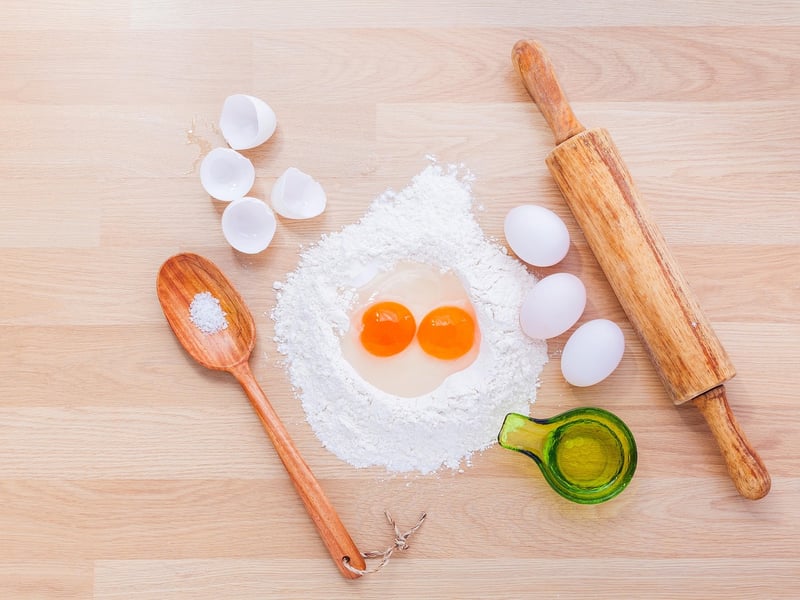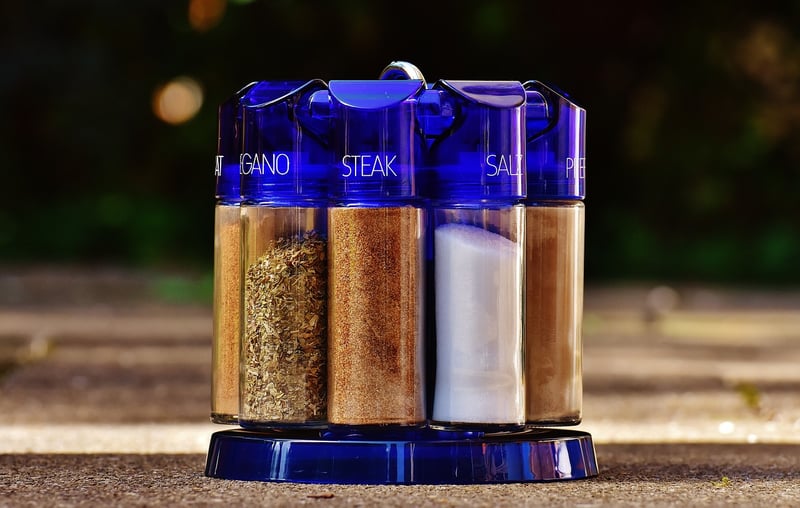Ingredient Substitutions
Enhance Your Culinary Skills with Ingredient Substitutions
Are you ready to take your cooking to the next level? Learning how to substitute ingredients in your recipes can not only expand your culinary repertoire but also save you from last-minute grocery trips. Whether you're out of a key ingredient or looking to add a personal touch to a dish, knowing the right substitutions can make all the difference. Let's dive into some common ingredient swaps that can help you elevate your cooking game!
1. Butter
Butter adds richness and flavor to many dishes, but if you're looking for a healthier alternative or simply ran out, try using mashed avocado, coconut oil, or Greek yogurt as a substitute. Each option brings its unique flavor profile and texture to your recipes.
2. All-Purpose Flour
If you're out of all-purpose flour, don't worry! You can use alternatives like almond flour, coconut flour, or even oats ground into a fine powder. These options work well in various recipes, including baking and breading, and can add a nutty or sweet flavor to your dishes.
3. Eggs
Eggs are a common binding agent in recipes, but if you're vegan or have an egg allergy, you can substitute them with ingredients like mashed bananas, applesauce, or flaxseed mixed with water. These alternatives can help maintain the moisture and structure in your baked goods.
4. Sugar
For a healthier option than refined sugar, consider using honey, maple syrup, or agave nectar as a sweetener in your recipes. These natural alternatives bring their distinct flavors and can enhance the taste of your dishes while reducing the overall sugar content.
5. Milk
If a recipe calls for milk and you're dairy-free, try using almond milk, coconut milk, or soy milk instead. These plant-based options can provide a creamy texture and subtle flavor to your dishes, making them suitable for both sweet and savory recipes.
6. Herbs and Spices
Experimenting with herbs and spices is a great way to add depth and complexity to your dishes. If a recipe calls for a specific herb or spice you don't have, consider using substitutes like dried herbs for fresh ones or a similar spice with a slightly different flavor profile. This flexibility allows you to tailor the seasoning to your taste preferences.
By mastering ingredient substitutions, you can become a more versatile and creative cook in the kitchen. Don't be afraid to experiment and try new combinations to discover unique flavors and textures in your dishes. With these tips, you're well on your way to enhancing your culinary skills and impressing your family and friends with delicious meals!

For more culinary inspiration and cooking tips, check out our Ingredient Substitutions Guide.
